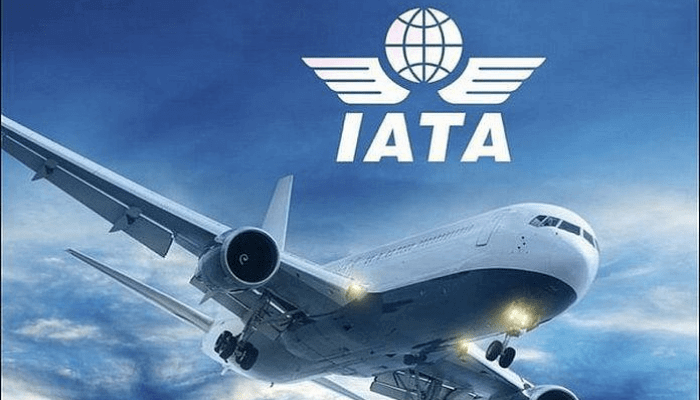InfoStride News reported that during the Third Conference on Aviation Alternative Fuels (CAAF/3) in Dubai, the International Air Transport Association (IATA) revealed that global Sustainable Aviation Fuel (SAF) forward purchase agreements valued at $45 billion have been established by airlines. The conference primarily focused on the crucial role of governments in facilitating aviation’s decarbonization through supportive policies.
IATA highlighted a noteworthy trend of airlines integrating vertically into the supply chain, with some demonstrating commitment by investing equity and risk capital in SAF projects. The discussions underscored the importance of addressing the growing demand for SAF, driven by airlines’ commitment to achieving net-zero carbon emissions by 2050.
The $45 billion worth of forward purchase agreements exceed the current availability of SAF, which is limited to 0.2% of airlines’ jet fuel consumption in 2023. To meet the increasing demand, airlines have sent significant signals to the SAF production market. In 2022, airlines spent an additional $500 million to acquire all produced SAF due to its pricing premium over traditional jet fuel.

Willie Walsh, IATA’s Director General, emphasized the need for governments to translate the CAAF/3 declaration into actionable policies that comprehensively support SAF production. Despite clear demand signals, the SAF production market is not developing rapidly enough, according to Walsh. He stressed the importance of implementing supportive policies that stimulate production, promote competition, foster innovation, and attract financing.
Balancing policy support across various energy sources, with a preference for renewable energies, is considered crucial. The goal is to maximize SAF production globally through positive policy measures that do not penalize the industry. Marie Owens Thomsen, IATA’s Senior Vice President of Sustainability and Chief Economist, reiterated the industry’s readiness to embrace increased SAF production.
Thomsen emphasized the collective responsibility of the entire value chain and governments in achieving aviation’s decarbonization goals by 2050. She highlighted the role of government support in paving the way for private investment, stating, “It is essential that governments play their part, and we will certainly play ours,” emphasizing the need for collaboration to address the challenges of SAF production and sustainability in the aviation sector.
Support InfoStride News' Credible Journalism: Only credible journalism can guarantee a fair, accountable and transparent society, including democracy and government. It involves a lot of efforts and money. We need your support. Click here to Donate
